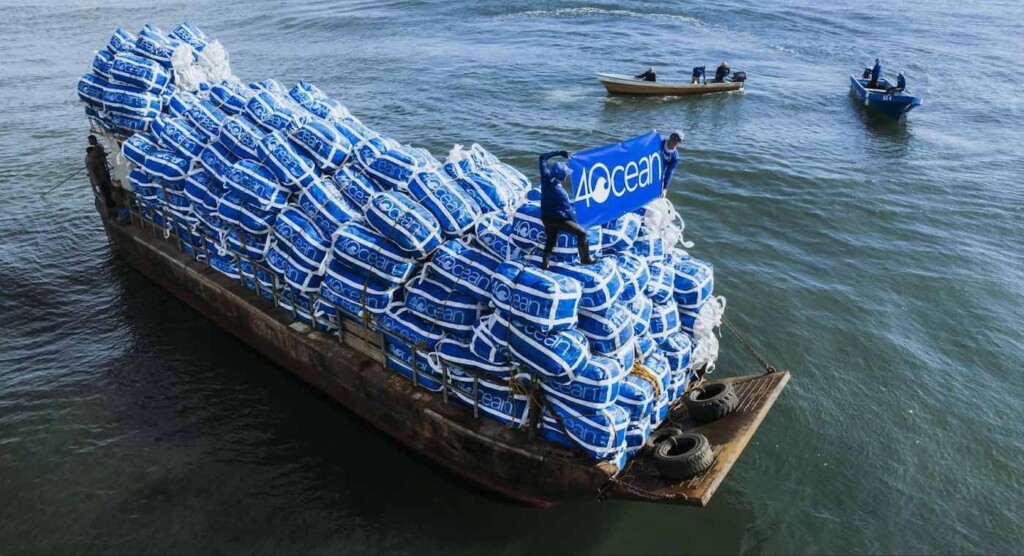
4ocean has reached a stellar milestone: 30 million pounds of plastic waste recovered from the our oceans, rivers, and coastlines since the company began in 2017.
Operating in 12 locations across two continents, 4ocean has been dedicated to ending the ocean plastic crisis.
“4ocean is incredibly proud to have accomplished this record-setting feat” said Alex Schulze, 4ocean CEO and Co-Founder.
“We’ve built an entire business for the sole purpose of cleaning the ocean. With hundreds of local captains and crew members recovering trash from our oceans and coastlines seven days a week and the support of millions of people doing their part to prevent plastic pollution, I’m sure our work will have a lasting impact on the ocean.”
Schulze made the announcement after the 4ocean TrashTracker, a proprietary database used to document the company’s recovered materials through their entire supply chain, was independently audited and verified by GreenCircle Certified, an internationally recognized third-party entity that tests sustainability claims.
4ocean, a Public Benefit B Corp based in Boca Raton, Florida, sells bracelets made from the plastic waste collected, employs 185 crew members in the USA, Indonesia, and Guatemala, who are local to the area.
“All of our captains and crews live in the communities we serve and are hired as full-time employees. All of our bracelets are handcrafted by artisans living in either Guatemala or Bali. Every bracelet purchased funds our cleanups and creates jobs that provide the steady income people in these communities need right now.”
CHECK OUT: New Solar-Powered Beach Robot Filters Even Tiny Plastic – And 30x Faster Than Humans
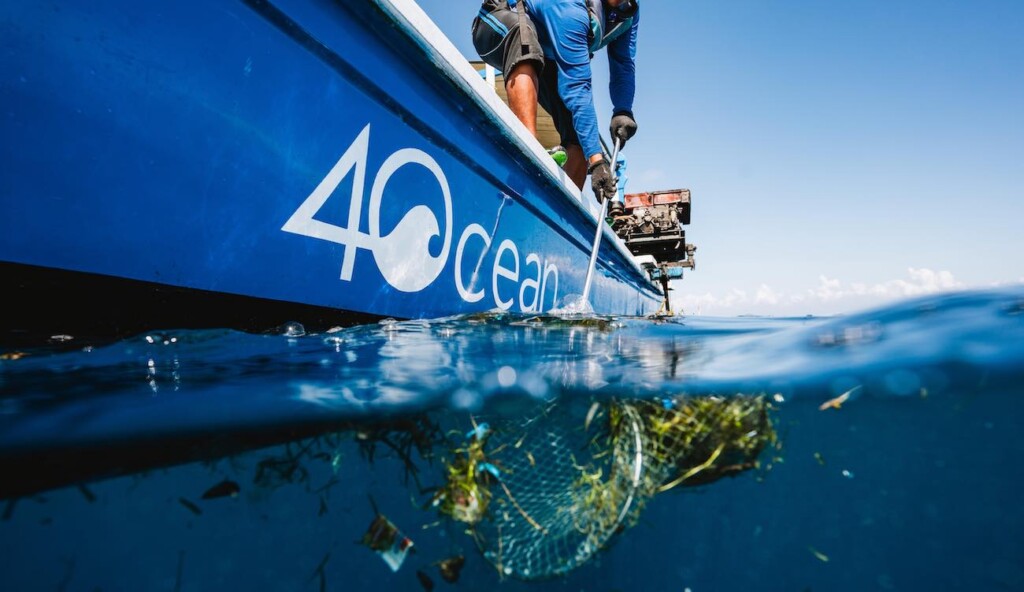
While 4ocean’s cleanup operations are funded primarily through their product sales, in 2021, they launched a Corporate Partnerships Program that works with companies to offset their plastic usage and aid in waterway cleanup efforts around the globe—including John Frieda, Mount Gay Rum, Nature Gnaws, and U.S. Polo Assn.
“Waste is ultimately a design flaw, which means preventing plastic pollution starts with changing the way we design, produce, market, consume, and dispose of the products we use each and every day.”
Their most recent project was announced on World Oceans Day, June 8. A new partnership with Corona will movie collection efforts upstream into highly polluted rivers like the Rio Motagua in Guatemala. One of the most polluted rivers in Central America, the Motagua River accounts for roughly 2% of all the plastic waste entering our oceans each year.
LOOK: Australia’s Ocean Kelp Forest is Growing at Light Speed–Rivaling the Mighty Amazon for Absorbing CO2
The 5-year project, called “A River of Change from Corona x 4ocean,” will help restore natural ecosystems and biodiversity; create full-time, living-wage jobs for people who are directly impacted by plastic pollution in the river and surrounding areas; and build infrastructures for lasting change.
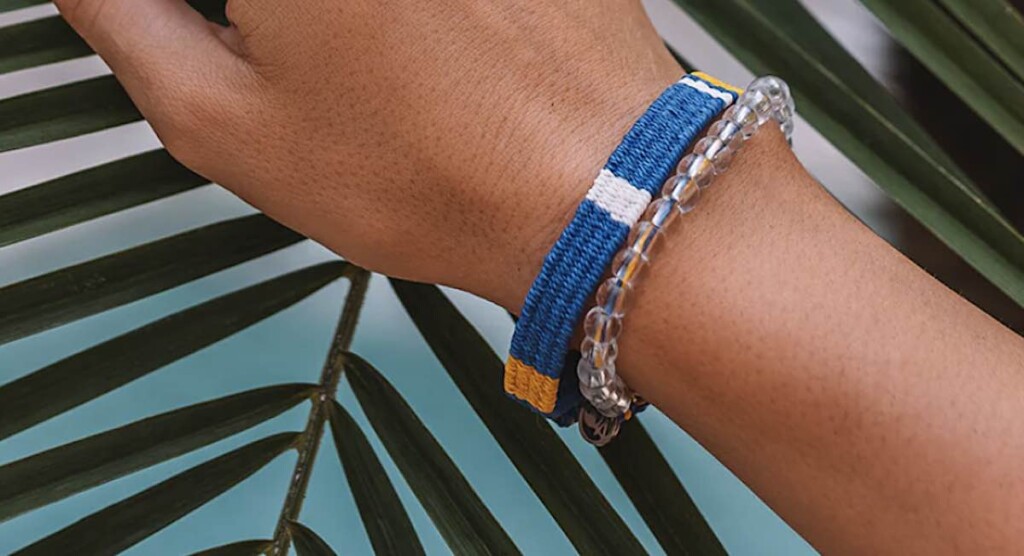
“When they say a small group of dedicated people can change the world, believe them,” said Schulze. “Reaching 30 million pounds of plastic and trash removed from the oceans is just the first step. We still have a lot of work to do.”
SAIL This Opportunity to Keep Our Oceans Clean to Friends Without Bracelets…


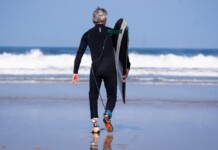

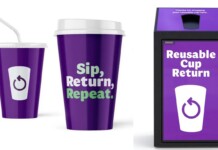















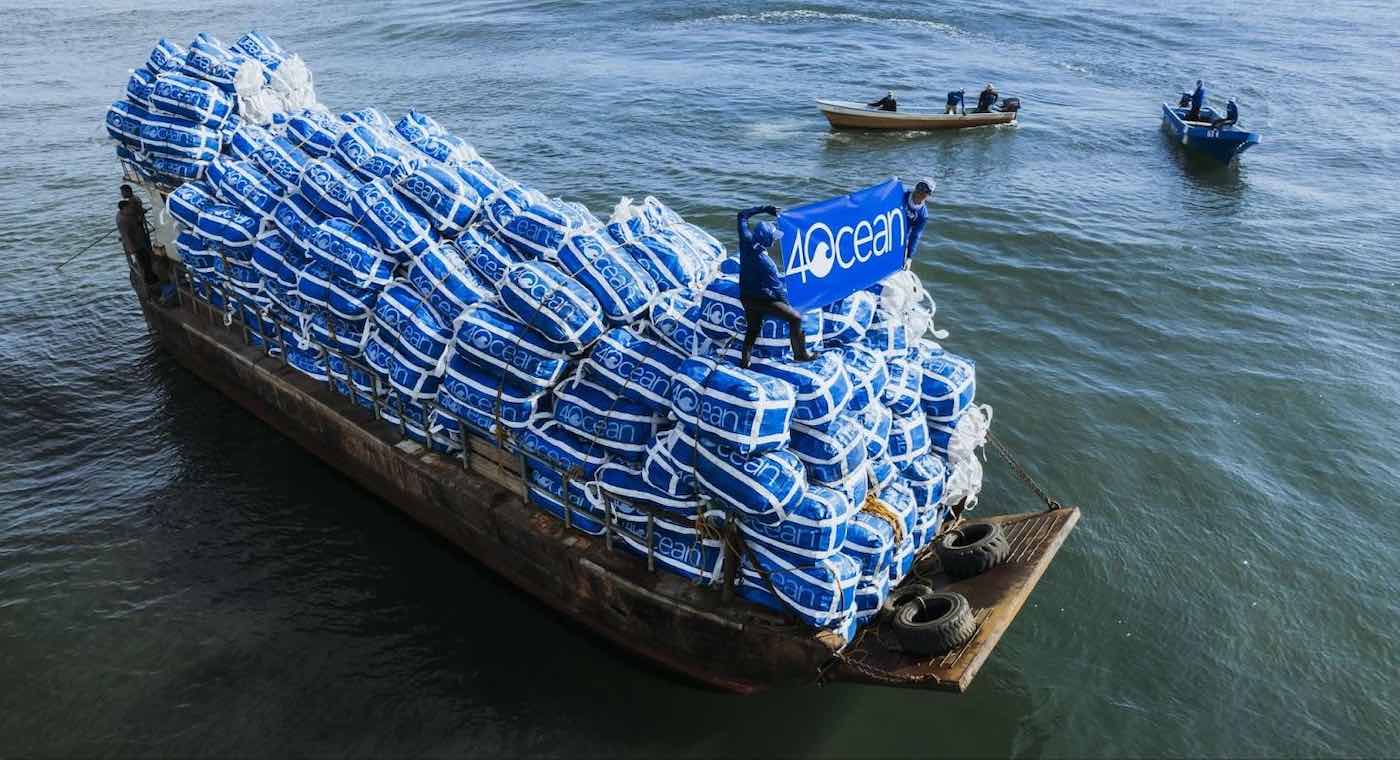
The corporations that produce the plastic should be contributing to the cleanup.